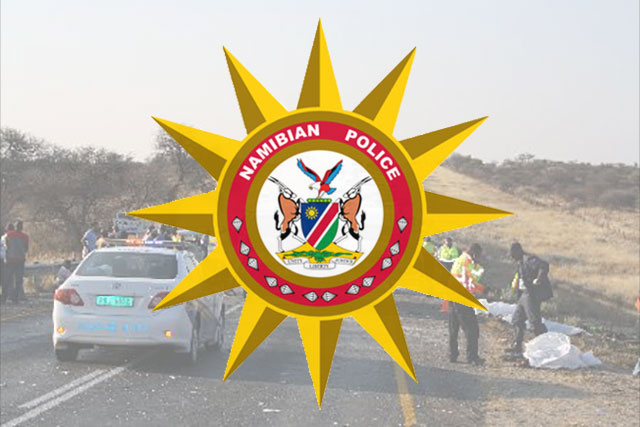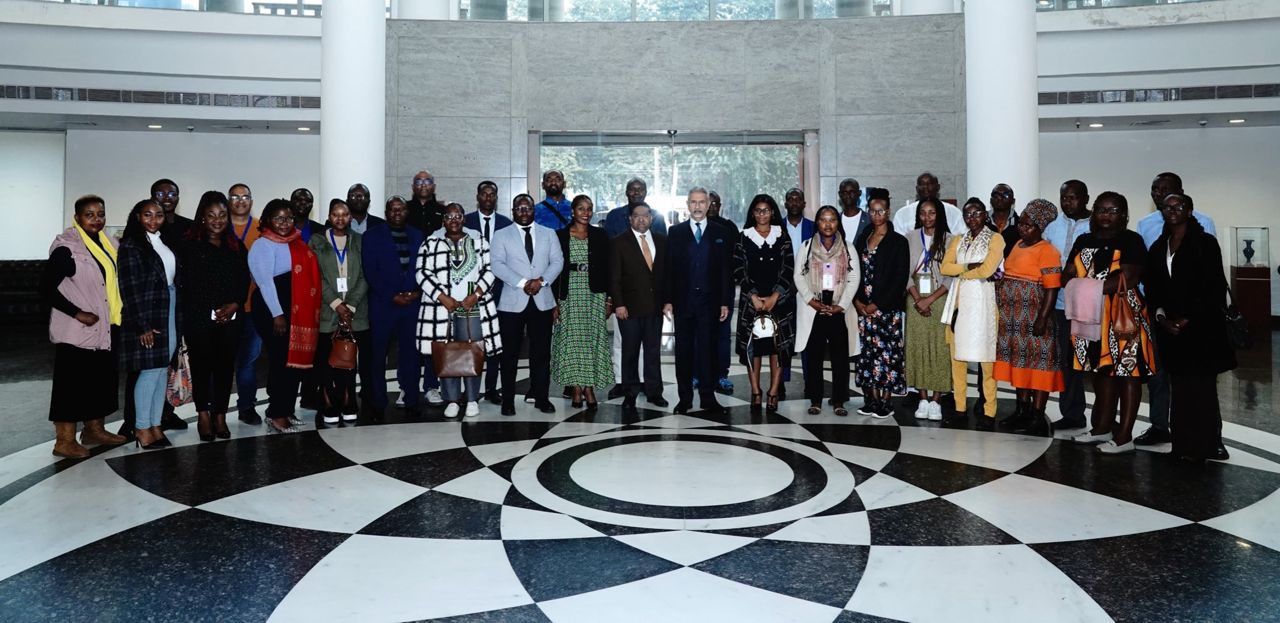LONDON – The European Bank for Reconstruction and Development’s president-elect said the bank’s role in promoting democracy through its investments would be a central focus for his term, as the EBRD agreed a one billion euro fund for North Africa.
In addition to the impact of the euro zone crisis on the bank’s emerging Europe region, there are increasing concerns about the strength of democracy in countries such as Russia, Ukraine and Kazakhstan, while the bank’s four new countries of operation in North Africa face political instability.Suma Chakrabarti, who was elected the first British EBRD president at the bank’s annual meeting last weekend, told reporters the bank was already reviewing the way it pursues its mandate to promote democracy, and he was keen to follow that through.’This is an important part of why I applied (for the president’s job),’ Chakrabarti, who is currently permanent secretary, the most senior civil servant, at Britain’s Ministry of Justice, said.He said in a letter to the emerging European development bank last month in support of his campaign for president that it was ‘important for the Bank to remain a trusted but critical partner’ as it sought to ensure that the countries in which it invested showed multiparty democracy.Non-governmental organisation Bankwatch has said the EBRD needs to tighten up its definition of countries applying the principles of multiparty democracy.In an open letter to the EBRD in March, it criticised levels of democracy in three of the bank’s new countries – Egypt, Morocco and Jordan – and said: ‘The EBRD should also regularly revise its policies in relation to existing countries of operation such as Kazakhstan, Azerbaijan and Russia, where democratic and pluralist principles are clearly not implemented.’The European Union said in its governor’s statement to the meeting that it wanted to ‘stress that the need to secure democracy, basic freedoms and rights must be kept as a key dimension of our cooperation with the EBRD in this region.’The EBRD was set up in 1991 to help the countries of the former Soviet Union develop market economies but has gradually extended its reach, voting last year to invest in North Africa following the Arab Spring uprisings.Shareholders agreed a one billion euro special fund for North Africa at this year’s meeting, ahead of full country ratification of the bank’s geographic expansion.Outgoing president Thomas Mirow, who lost to Chakrabarti in a five-candidate race, said the bank’s 65 country and intergovernmental shareholders discussed the impact of the euro zone crisis on emerging Europe.’There was not a debate about how to remedy the problems of the euro zone itself, but rather about what can be done to make the economies in central and eastern Europe more resilient and less dependent on these events,’ Mirow told reporters. The EBRD in recent years increased its capital to 30 billion euros (US$38,17 billion) to help emerging Europe through the financial crisis, and invested 9,1 billion euros in the region last year. It plans eventually to increase its annual investments to around 11 billion euros, including 2,5 billion to North Africa. The bank is aiming to make its capital go further through partnerships with pension funds and sovereign wealth funds.’The number one challenge is maintaining the triple-A rating,’ Chakrabarti said. The EBRD’s 2013 annual meeting will take place in Istanbul. – Nampa-Reuters
Stay informed with The Namibian – your source for credible journalism. Get in-depth reporting and opinions for
only N$85 a month. Invest in journalism, invest in democracy –
Subscribe Now!







